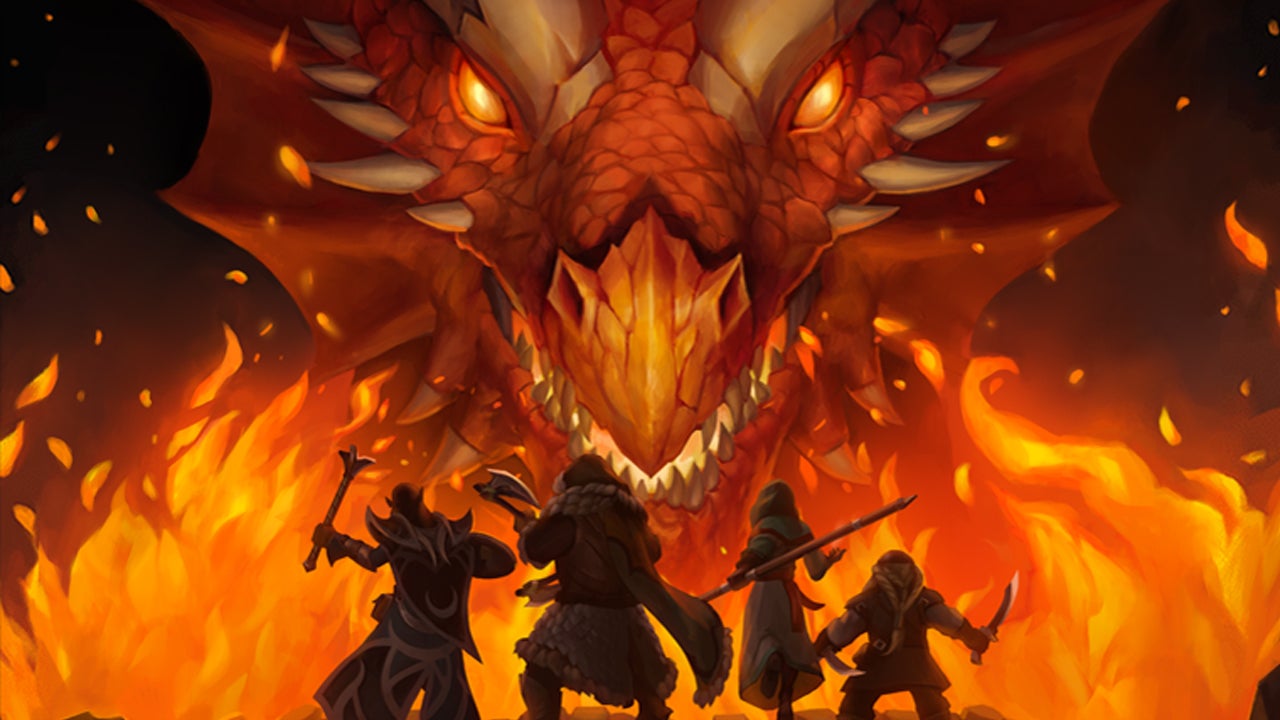I once wrote a blog post along the lines of Role Playing Games do not exist. The premise was that the rulebooks we buy are not complete games, they are just toolkits. It is using these tools that we construct our own unique games. I think the interest in actual plays is to see how other people play the same game. There are no right or wrong ways of playing, there is just acceptable behaviour at my gaming table, everything else is up for negotiation.
So all games are adapted almost daily by their respective DMs/GMs.
Somethings are adapted more than others. The two examples I am going to hold up are 0D&D (including all the B/X variants) and Mythic.
The oldest open game content I could find on DRTPG this morning was dated 2004 and the oldest OSR rulebook was Labyrinth Lord. Just searching for core rulebooks under the OSR category turned up nearly 500 titles and that is just core rules. OSR and open content has become an entire industry in its own right based around adaptation of a single source.
Mythic GME has a similar status. I know about 250 people who have used the GME rules. They either own the rules or have used one of the online emulators. Yet I don’t know anyone who plays the Mythic RPG.
Every set of solo rules I have ever played, bar one The Trouble with Rose, has some Mythic DNA in its background. My influences are most certainly Mythic, Tiny Solitary Soldiers, the One Page Solo Engine by Karl Hendricks and No GM’s Sky by Todd Zircher. If you are familiar with them you will notice a trend towards ever simpler systems. Mythic is huge, dice heavy and excessively wordy. TSS is extremely compact and but at the cost of certain functionality. One Page Solo is pretty well rounded but requires a d6 for virtually everything except one roll and that is a d12 and/or playing cards. I don’t like the ‘it nearly works but this bit I couldn’t fit in’ impression.
No GM’s Sky added two new elements to my solo play. The first was building a “Complication” result right into the oracle. This instantly strips out all the requirements to have to make subsequent rolls for plot twists and interrupted scenes. For experienced solo gamers I think that is sufficient, for new solo gamers I think it requires a bit too much mental heavy lifting. The second element was Game Icons and by extension Story Cubes. I knew these existed but I had not used them or really knew how to interpret them. NGS provided me with a extended example of their use in play. I am a real convert now.
I take parts of mythic, parts of TSS, bits of One Page and now bits of NGS and mix them all into my projects. Mythic, TSS and One Page are all generic. NGS may also be, I have just never seen it used anywhere else. What I bring to the party is adaptation. I don’t make generic rules. I learn how to play a game and then adapt these generic tools to the games core mechanics. That is adaptation.
I suspect that if you read all my solo rule booklets back to back in order of release you could probably highlight exactly where I discovered my influences. The first emergence of a complex question tool, the first occurrence of No because… in place of No but… and most recently Game Icons.
Today these threads converge as I finished the first draft of my Osr Solo Rules last night. They need some proofing and testing but they will be released sometime this week I imagine. This is the convergence of two great sequences of constant adaptation and evolution.
The final oddity here is that I have already released solo rules specifically for 5e and they are wildly different to my OSR rules and yet the games are, underneath all the fluff, intrinsically the same thing.
